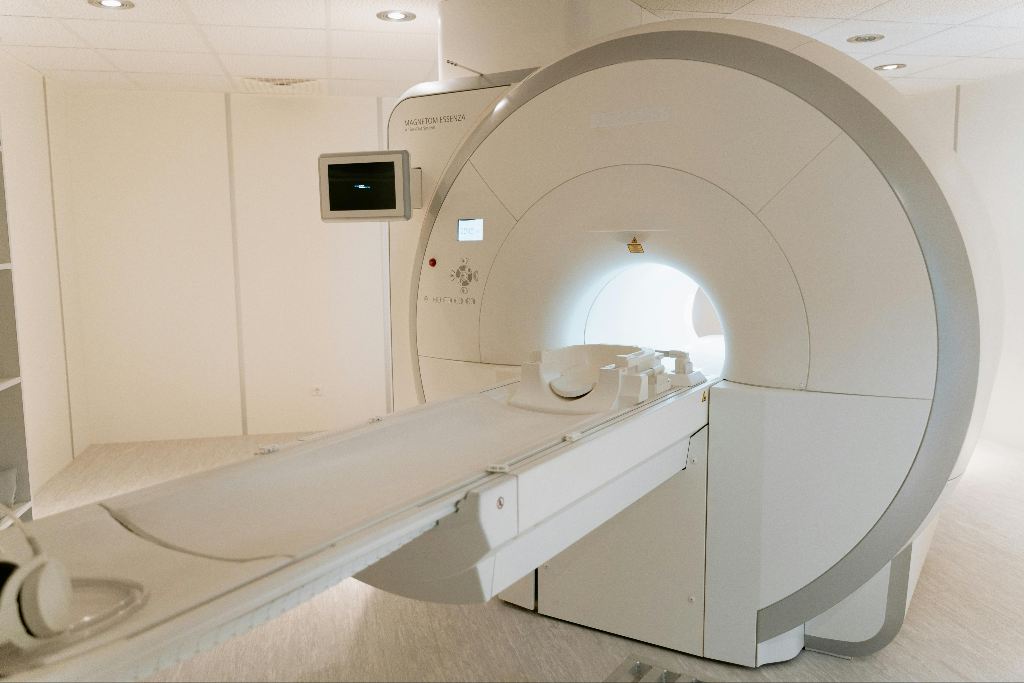With flu season around the corner, it helps to get a better understanding of what to look out for when it comes to a sore throat and headaches. Getting your annual flu shot is incredibly beneficial for keeping you healthy and avoiding symptoms of the flu, like a headache and sore throat. But what if you have a headache and sore throat but test negative for the flu? There are actually many causes of a sore throat and headache, so it helps to find out exactly what is causing these symptoms so you can get the right treatment for you.
Causes of a Headache and Sore Throat
Some causes of a headache and sore throat may go away after a few days to a week at a time. However, there are other times where a sore throat and headache are signs of a more serious issue like an infection. Here are common causes of a headache and sore throat:
Allergies
If you experience seasonal allergies, then you are more likely to develop a headache and sore throat during spring and fall. In the spring, flowers and trees are blooming, which creates pollen that can irritate your sinuses. Other pollens are more active in the fall and can also aggravate your allergies and cause a headache and sore throat.
Upper Respiratory Infections
The most common upper respiratory infection is the common cold. This type of infection is viral, which comes with symptoms such as a runny nose, cough, and scratchy throat. Viral infections like the common cold tend to run their course in the span of a week.
The Flu
The flu is another type of viral infection that can cause a headache and sore throat, along with other symptoms like fever, fatigue, and muscle aches. Symptoms of the flu are typically stronger than those of the common cold and may last longer as well.
Bacterial Infection
Strep throat is the most common bacterial infection that can cause symptoms such as a sore throat and headaches. This bacterial infection may also make it painful to swallow, and you may develop swollen tonsils.
Tonsilitis
Tonsilitis refers to a condition where the tonsils become inflamed and cause symptoms such as sore throat, headache, fever, and pain when swallowing. Tonsilitis can be caused by either a bacterial or a viral infection.
Treatment Options for a Sore Throat and Headache
Many treatment options are available for those experiencing a sore throat and headache. Once you determine the most likely cause of your symptoms, you can pursue the most appropriate remedies. Any time you have a headache or feel a sore throat coming on, you should begin increasing your intake of fluids like water, tea, and soup. At-home remedies for a headache and sore throat may also include a combination of over-the-counter medications and getting plenty of rest. Mild causes of a sore throat and headache like allergies or the common cold will typically resolve in a period of days. Your doctor may also prescribe a prescription medication if you have a bacterial infection that is causing your symptoms.
Preventing a Headache and Sore Throat
Whether it’s allergy season or cold and flu season, there are things you can do to prevent a headache and sore throat from developing. Wash your hands frequently with warm water after going to the bathroom and before touching your face or working with food. Avoid sharing food and drink with others and be sure to use a tissue or otherwise cover any coughs or sneezes. If you start to feel a headache or sore throat coming on, stay home and isolate yourself to prevent spreading the infection to others. If you have a sore throat, then you should avoid smoking and limit alcohol products. Continue to drink water and stay hydrated to flush out any bacteria that may cause these symptoms.
When to See a Doctor About a Sore Throat and Headache
If your symptoms last longer than a week, then you should visit your doctor. You should also see your doctor if you have a high fever over 103 degrees or if you experience dehydration, trouble swallowing, or difficulty breathing. Your doctor can also talk to you about when it is safe to return to school or work.





